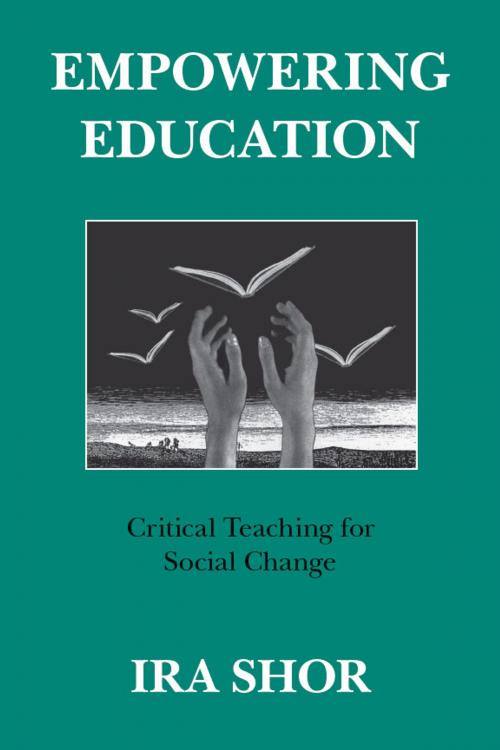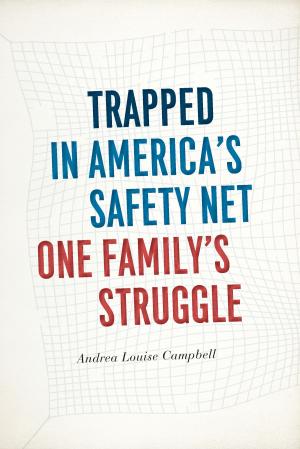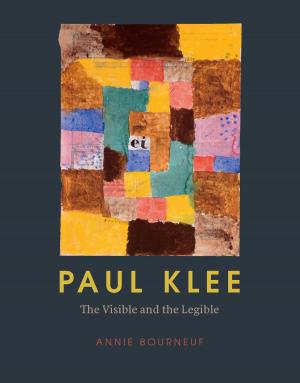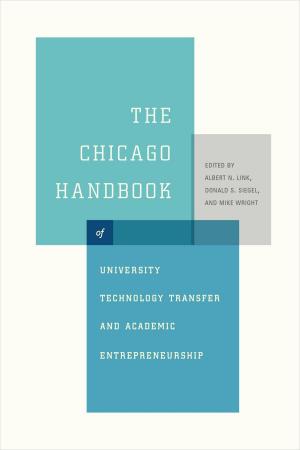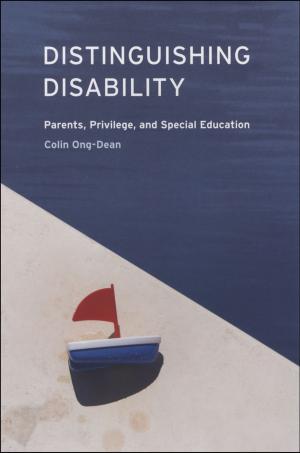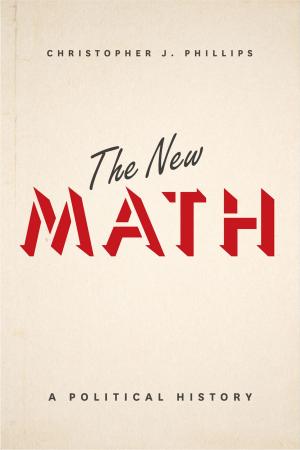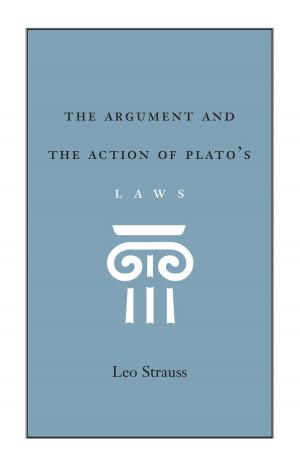Empowering Education
Critical Teaching for Social Change
Nonfiction, Reference & Language, Education & Teaching, Educational Theory, Aims & Objectives, Philosophy & Social Aspects| Author: | Ira Shor | ISBN: | 9780226147864 |
| Publisher: | University of Chicago Press | Publication: | November 14, 2012 |
| Imprint: | University of Chicago Press | Language: | English |
| Author: | Ira Shor |
| ISBN: | 9780226147864 |
| Publisher: | University of Chicago Press |
| Publication: | November 14, 2012 |
| Imprint: | University of Chicago Press |
| Language: | English |
Ira Shor is a pioneer in the field of critical education who for over twenty years has been experimenting with learning methods. His work creatively adapts the ideas of Brazilian educator Paulo Freire for North American classrooms. In Empowering Education Shor offers a comprehensive theory and practice for critical pedagogy.
For Shor, empowering education is a student-centered, critical and democratic pedagogy for studying any subject matter and for self and social change. It takes shape as a dialogue in which teachers and students mutually investigate everyday themes, social issues, and academic knowledge. Through dialogue and problem-posing, students become active agents of their learning. This book shows how students can develop as critical thinkers, inspired learners, skilled workers, and involved citizens.
Shor carefully analyzes obstacles to and resources for empowering education, suggesting ways for teachers to transform traditional approaches into critical and democratic ones. He offers many examples and applications for the elementary grades through college and adult education.
Ira Shor is a pioneer in the field of critical education who for over twenty years has been experimenting with learning methods. His work creatively adapts the ideas of Brazilian educator Paulo Freire for North American classrooms. In Empowering Education Shor offers a comprehensive theory and practice for critical pedagogy.
For Shor, empowering education is a student-centered, critical and democratic pedagogy for studying any subject matter and for self and social change. It takes shape as a dialogue in which teachers and students mutually investigate everyday themes, social issues, and academic knowledge. Through dialogue and problem-posing, students become active agents of their learning. This book shows how students can develop as critical thinkers, inspired learners, skilled workers, and involved citizens.
Shor carefully analyzes obstacles to and resources for empowering education, suggesting ways for teachers to transform traditional approaches into critical and democratic ones. He offers many examples and applications for the elementary grades through college and adult education.
